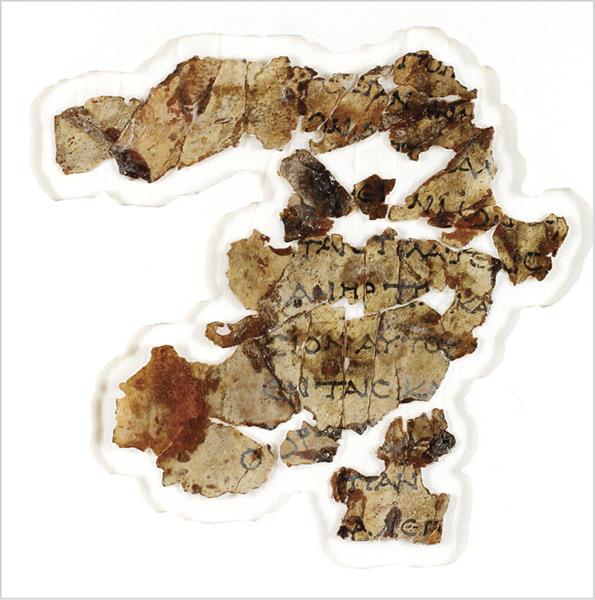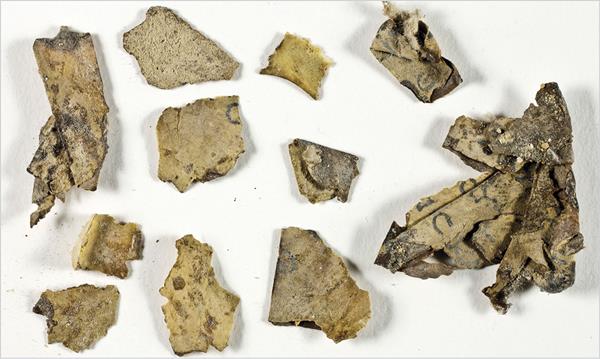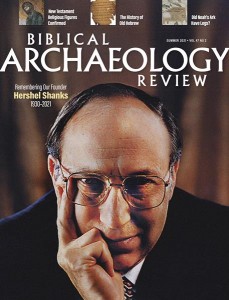
Recent explorations in the Judean desert south of Jerusalem have revealed scores of new scroll fragments hidden away in secluded caves. The parchment fragments, which are dated by radiocarbon to the second century C.E., feature Greek translations of the Books of Zechariah and Nahum, both of which are included among the Twelve Minor Prophets of the Hebrew Bible. They are the first scrolls discovered in the Judean desert through official excavation in more than 60 years.

The scroll fragments, along with coins and arrowheads dating to the time of the Bar Kokhba Revolt (132–136 C.E.), were recovered from the so-called Cave of Horrors, where earlier excavations in the 1960s had identified the remains of dozens of men, women, and children who died while hiding out from the advancing Roman army.a Although the original excavators had already found a handful of scroll fragments with Greek translations of the Twelve Minor Prophets, this new discovery furthers our understanding of the Hebrew Bible’s history and textual transmission. Especially significant is the occurrence within the otherwise Greek fragments of the divine name YHWH spelled out in Old Hebrew, indicating that this ancient, pre-Exilic script continued to have special meaning well into the second century C.E. (see Matthieu Richelle’s article).
Already a library member? Log in here.
Institution user? Log in with your IP address.

